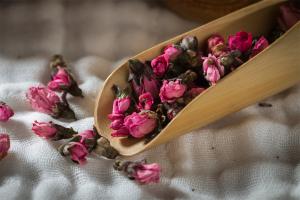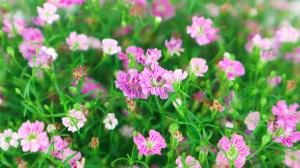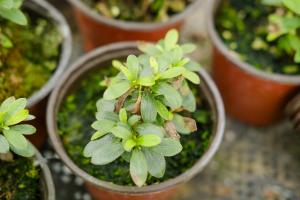Is a Pothos Plant Poisonous to Cats?
As a pet owner, it's important to be aware of the potential hazards around your home. One common concern for cat owners is whether or not their houseplants are harmful to their pets. The pothos plant, also known as Devil's ivy, is a popular decorative plant that is often found in households. But is it poisonous to cats?
What is a Pothos Plant?
The pothos plant is a species of flowering plant in the Araceae family. It is native to tropical regions in Southeast Asia and is commonly used as a decorative houseplant due to its attractive foliage. The plant has long, trailing vines that can grow up to 10 feet in length and produces heart-shaped leaves that vary in color from green to variegated shades of green and white or yellow.
Are Pothos Plants Poisonous to Cats?
Unfortunately, the pothos plant is toxic to cats if ingested. The plant contains insoluble calcium oxalates, which can cause irritation and swelling in the mouth, throat, and tongue when consumed. Symptoms of ingestion include drooling, vomiting, difficulty breathing, and decreased appetite. If you suspect that your cat has ingested any part of the pothos plant, seek veterinary care immediately.
How to Protect Your Cats from Pothos Plants
If you do have a pothos plant in your home, it's important to keep it out of reach of your cats. You can place it on a high shelf or in a hanging basket to prevent your cat from accessing it. Alternatively, you can choose to remove the plant from your home entirely and opt for cat-friendly houseplants instead.
Some cat-friendly houseplants that you can consider include spider plants, bamboo palms, and areca palms. These plants are not toxic to cats and can be a great way to add some greenery to your home without putting your feline friend at risk.
Conclusion
While pothos plants can be a beautiful addition to any home, it's important to remember that they pose a potential health risk to cats. If you do decide to keep a pothos plant in your home, be sure to keep it out of reach of your pets, and monitor your cat's behavior closely to ensure that they are not ingesting any potentially harmful plant material. Alternatively, consider opting for cat-friendly houseplants that are safe for your furry friends to enjoy.

 how many times do yo...
how many times do yo... how many planted tre...
how many planted tre... how many pine trees ...
how many pine trees ... how many pecan trees...
how many pecan trees... how many plants comp...
how many plants comp... how many plants can ...
how many plants can ... how many plants and ...
how many plants and ... how many pepper plan...
how many pepper plan...
































